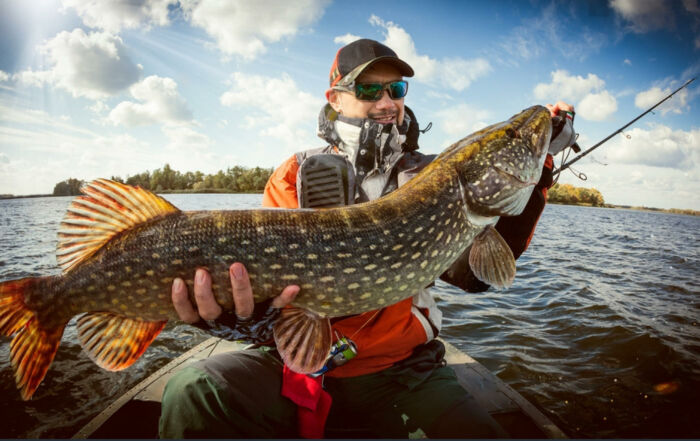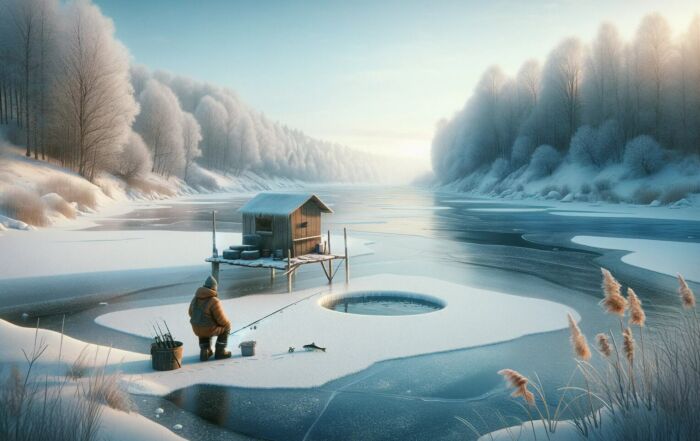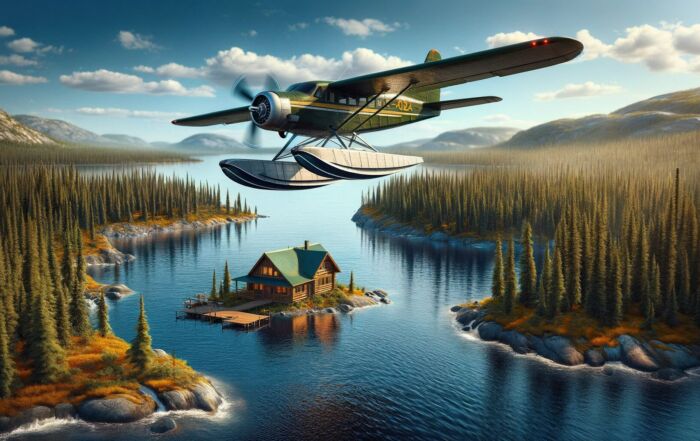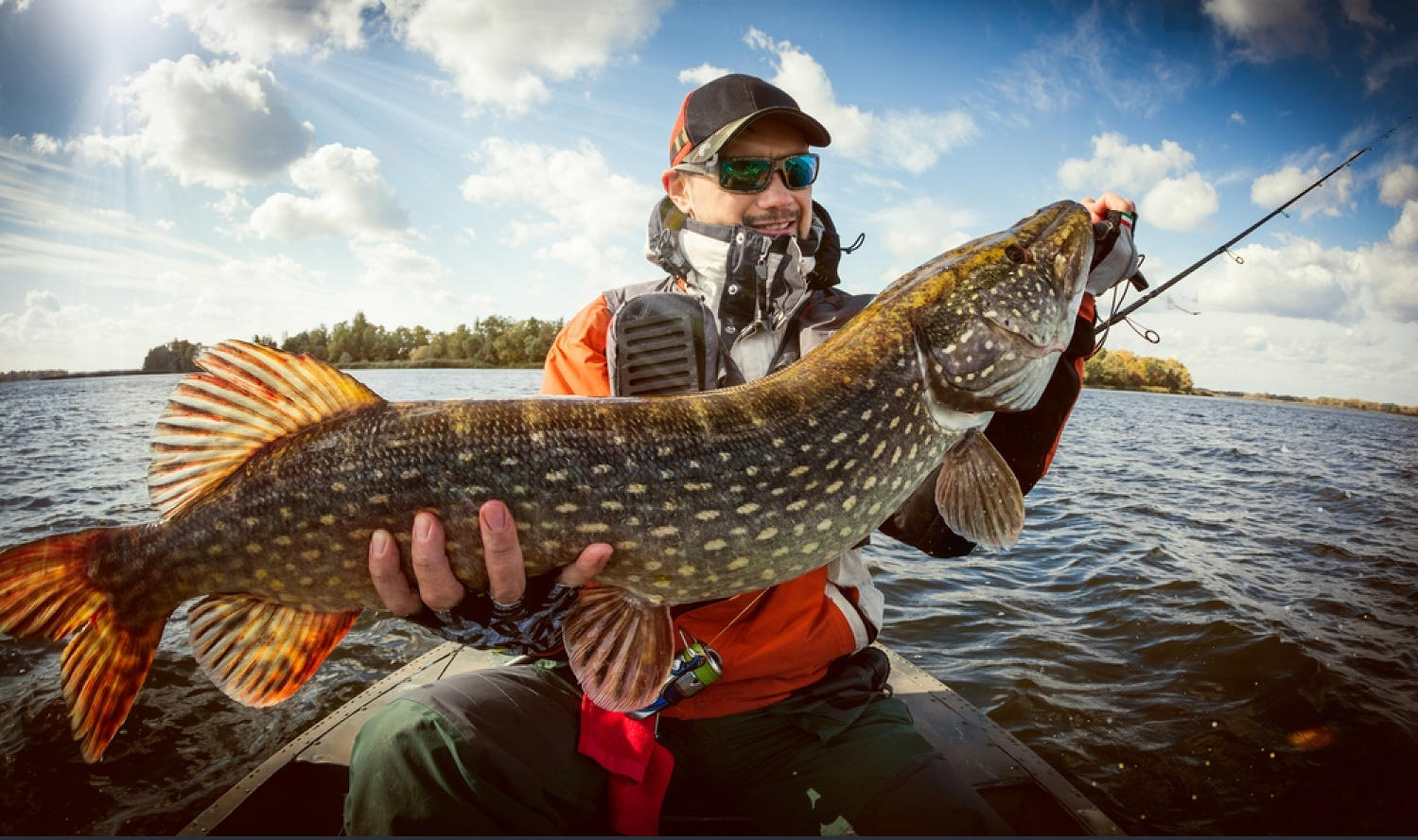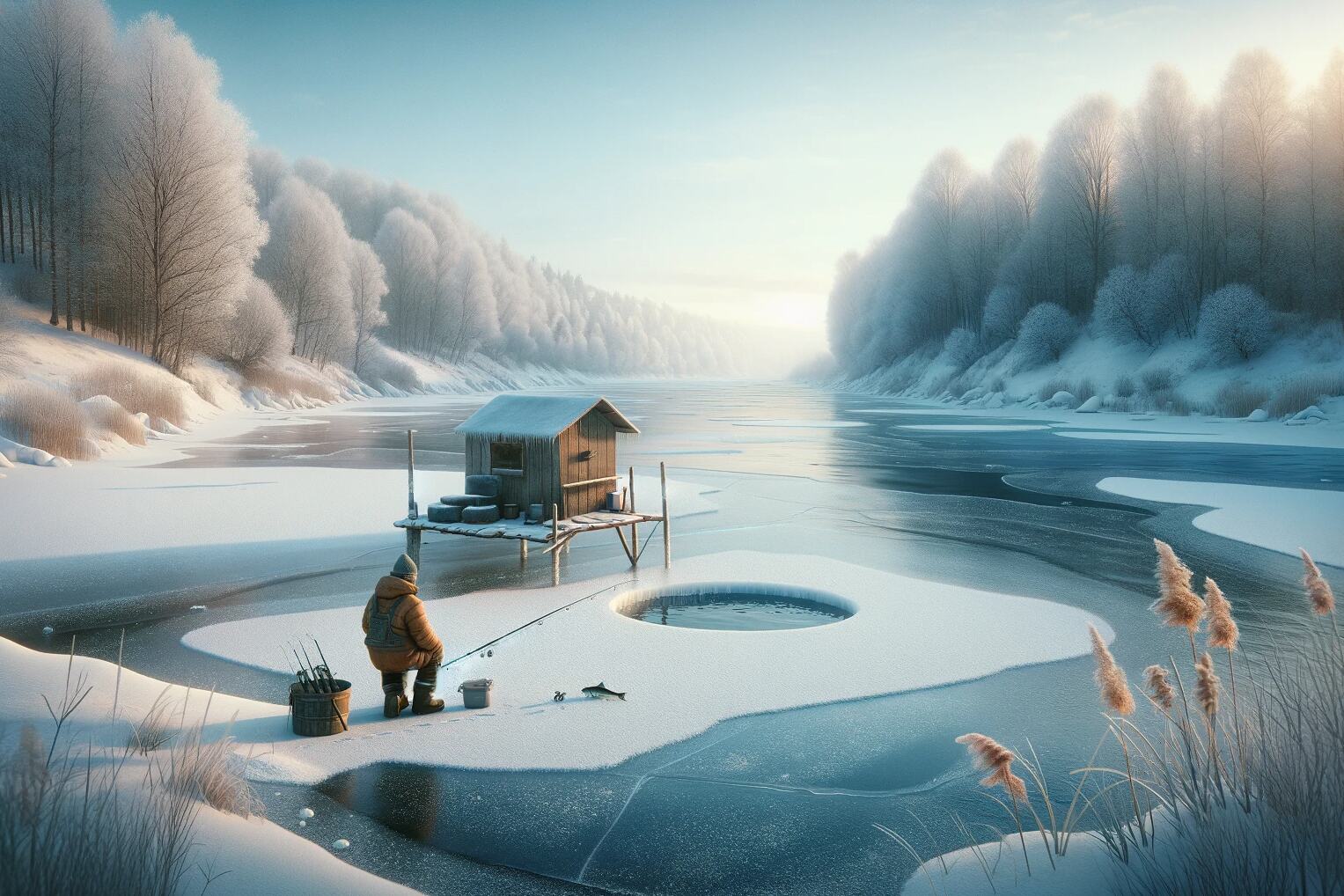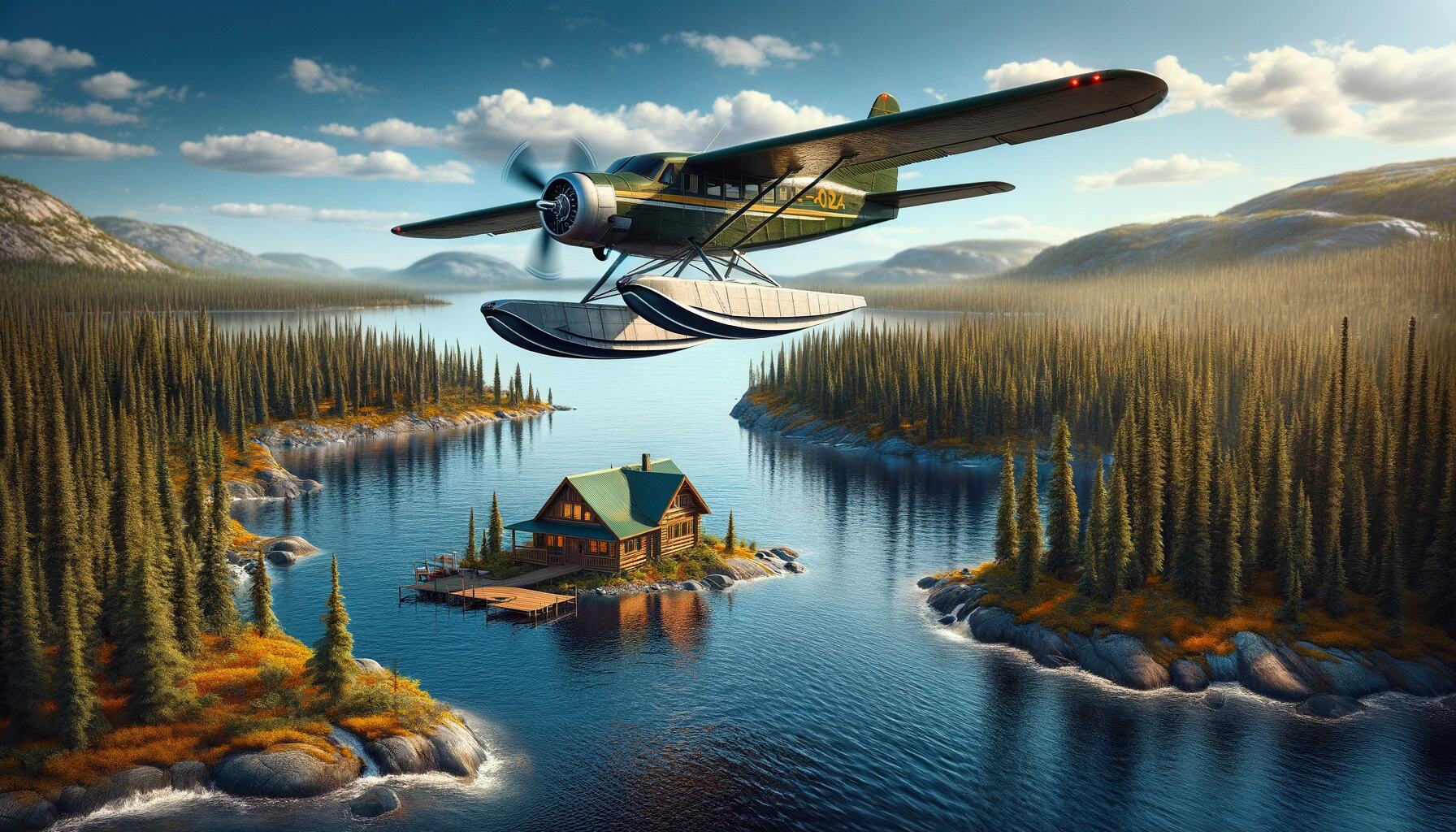Planning a fly-in fishing trip can be daunting, particularly for first-time adventurers. An excursion like this requires more than just a keen angler’s spirit; it demands meticulous planning to ensure a safe and fulfilling experience. While exploring your dream catch in remote, pristine landscapes sounds fascinating, getting everything right is essential, particularly in the preparatory phase.
To help you prepare effectively, we’ve compiled a comprehensive list of critical questions to ask before booking your fly-in fishing trip. Let’s dive in!
1. Where should I go?
This is the most fundamental question when planning a fly-in fishing trip. Consider your target species and the kind of environment you’d enjoy most. For example, Northern Canada is renowned for pike and walleye fishing, while Alaska is perfect for salmon and trout. Seek expert advice, read reviews, and consider the season before deciding.
2. What type of accommodation is provided?
After a long day of fishing, you’ll need a comfortable place to relax and recharge. From rustic log cabins to deluxe lodges, accommodations vary widely depending on your chosen location and package. Ask your outfitter about amenities like bedding, running water, or a kitchen. Knowing this upfront helps you plan and pack appropriately.
3. What gear is provided, and what must I bring?
Some outfitters provide all the necessary fishing gear, while others expect you to bring your equipment. Ensure you understand what’s included in your package to avoid disappointment. Consider all the required gear, from fishing rods, reels, and tackle to clothing suitable for the weather conditions.
4. How many people can the trip accommodate?
Fly-in fishing trips typically cater to smaller groups due to the limited weight and space on the aircraft. The size of your party will also affect the choice of your aircraft and accommodation. If you’re traveling with a larger group, please ensure the outfitter can accommodate everyone.
5. How experienced are the guides?
Guides can make or break your fishing trip. Experienced guides know the local waters like the back of their hand and can lead you to the best fishing spots. Inquire about their expertise, certifications, and knowledge about your target species.
6. What are the fishing regulations in the area?
Every region has its fishing regulations to ensure sustainable fishing practices. This could include catch and release policies, fish size limitations, and restrictions on certain species. Please make sure you understand these rules before heading out to fish.
7. What’s the catch limit?
Understanding the daily catch limit is crucial to keep your fishing activities within the region’s legal bounds. This can vary depending on the type of fish and location. Check with your outfitter and local fishing regulations to avoid any potential fines or penalties.
8. How is the food situation managed?
Are meals included in your package, or are cooking facilities provided to prepare your food? Some packages have a professional chef, while others expect you to cook your catch. Knowing the food arrangement upfront helps you plan better and pack accordingly.
9. What safety measures are in place?
Safety is paramount in remote fishing destinations. Inquire about communication equipment, emergency plans, the closest medical facilities, and the safety records of the outfitter and the pilots. Also, it would be best to ask about insurance coverage in case of any unforeseen circumstances.
10. What’s the best time to go?
The fishing season can vary depending on the location and your target species. Consult with your outfitter about the best time to visit to maximize your catch potential. Also, consider factors like
weather conditions, temperature, and daylight hours when planning your trip.
11. What is the total cost, and what does it include?
Transparency about the cost is vital to avoid any hidden surprises. Some packages might appear cheaper but may not include essentials like fishing gear, meals, or the flight itself. Please ensure you have a detailed cost breakdown, including any additional charges for extra luggage or overruns on time.
12. How is the transportation arranged?
Inquire about the specifics of your flight to the fishing destination. The aircraft type, luggage allowance, flight duration, and what to expect during that are essential details. Some outfitters may provide ground transportation to and from the departure point, so check.
13. How remote is the location?
The remoteness of your fly-in fishing location will affect several factors, including the kind of fish you can catch, the available amenities, and even the emergency plans in place. Be aware that more remote locations might lack some of the conveniences of civilization, but they can also provide an unrivaled fishing experience.
14. What additional activities are available?
Feel free to ask about additional activities if you’re bringing along non-angling companions or simply want to diversify your experience. Many fishing lodges offer hiking, wildlife viewing, kayaking, or local cultural experiences. Knowing what’s available will help you plan your itinerary and packing list.
15. What’s the policy on wildlife encounters?
In remote fishing areas, encounters with wildlife, including bears, are not uncommon. Ask about the procedures for dealing with wildlife and tips for staying safe. This might consist of instructions on storing food or what to do if you come face-to-face with a bear.
16. What is the cancellation policy?
Like any travel plan, it’s crucial to understand the cancellation policy. Weather conditions, personal emergencies, or other unforeseen circumstances can disrupt your trip. Know the terms in advance to protect your investment.
17. Can they provide references?
Finally, asking for references is a great way to gauge the quality of the outfitter’s service. If they can provide contact information for previous clients, you can get firsthand accounts of what to expect.
In conclusion, planning a fly-in fishing trip involves carefully considering various factors. However, it’s an adventure worth every bit of preparation. By asking these essential questions, you’ll be well on your way to booking an unforgettable trip. The bounty of nature, the thrill of the catch, and the beauty of untouched wilderness await!
Remember, a well-planned trip ensures a satisfying fishing experience and secures your safety and comfort in a remote location. So ask away, and let the answers guide you toward your dream fly-in fishing trip. Tight lines!

